Reprinted with permission from World at Large, an independent news outlet covering travel, conflict journalism, science, conservation, and health news.
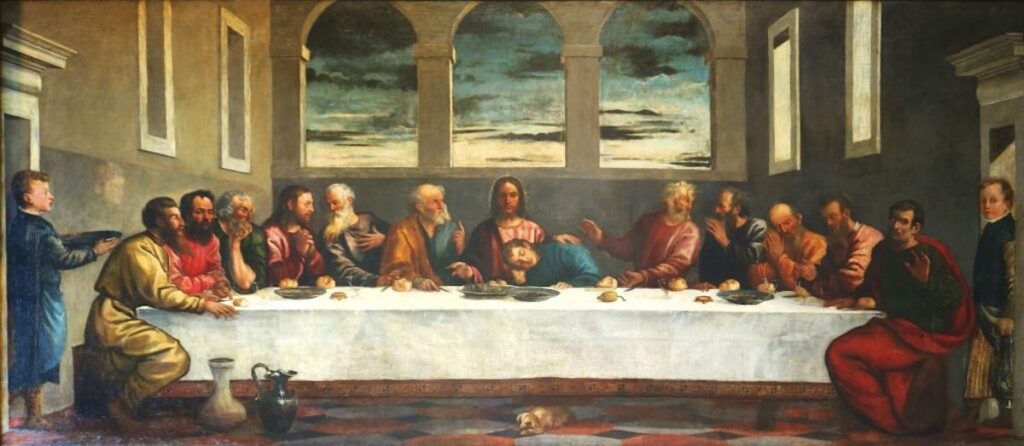
Light is shining once again on many lost works of art that were recovered in 2021. From Titian to Picasso, it seems incredible to think that sometimes 400 years after a famous artist’s death, we could be still finding their paintings, drawings, and sculptures, lying in attics, hidden behind walls, or buried underground
In March, art historian Ronald Moore was approached by the All Saints Church at Ledbury, England about the possibility of restoring a massive depiction of the Last Supper. Moore believed it could be a work by Venetian master Titian.
He and his assistant spent 11,000 hours attempting to link the painting, which Moore described as “always [having] a feel of Titian about it,” to the artist. After the striking comparison of a Titian self portrait to one of the apostles in the painting, and an ultralight breakthrough revealing the artist’s signature in the corner, there seems to be little doubt in the art world that one of the master’s canvases has returned to us.
One month later, another revelation. During refurbishments at the world renowned Uffizi Gallery in Florence, renovators moving piles of debris in the understory stumbled across two Renaissance-era frescoes. They also found skeletons from a church cemetery that had originally been united into the building, and the remains of a 16th century stable which was commissioned along with the gallery.
The frescoes depict Cosimo Di Medici I, head of the famous banking dynasty that filled the Uffizi with beautiful sculptures and paintings, built the Duomo, and generally turned the city into one of the economic and cultural powerhouse of Europe. The Cosimo fresco is stunningly preserved on a previously buried Medieval-period wall.
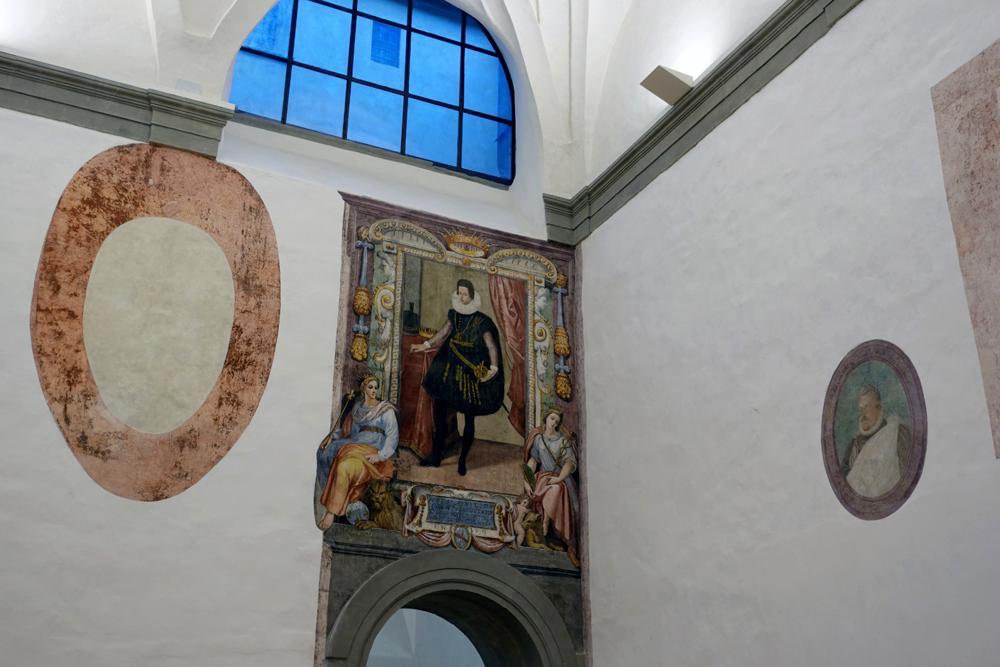
Sometimes one doesn’t have to dig in the earth or comb thrift stores to find great art.
A new Bernini
In May of 2021, a white marble sculpture sitting in the reserves of the Dresden State Art Collection, which was “unattributed,” was confirmed to be crafted by Gian Lorenzo Bernini, and commissioned by Pope Alexander VII. Bernini often worked for the Papacy, and carved the Sant Angelo Bridge angels, as well as many parts of St. Peter’s Basilica. He is considered one of the finest wielders of the hammer and chisel in history.
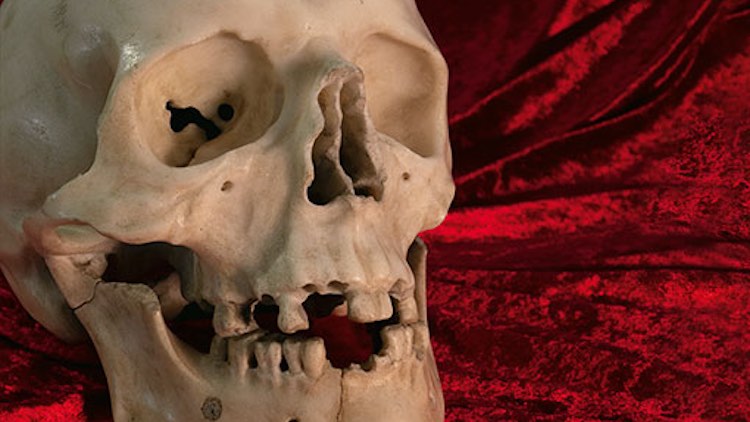
The work is a life size and totally-realistic human skull, and went on display as part of a series called “Bernini, the Pope, and Death,” detailing the effects of the plague on Rome in the late 1600s.
A Picasso promise
More great art was discovered tucked into a home’s attic. GNN reported in July that a sketch by Pablo Picasso was found that way in Maine. The brilliant work was uncovered by next of kin after the death of a Europe-trekking art enthusiast.
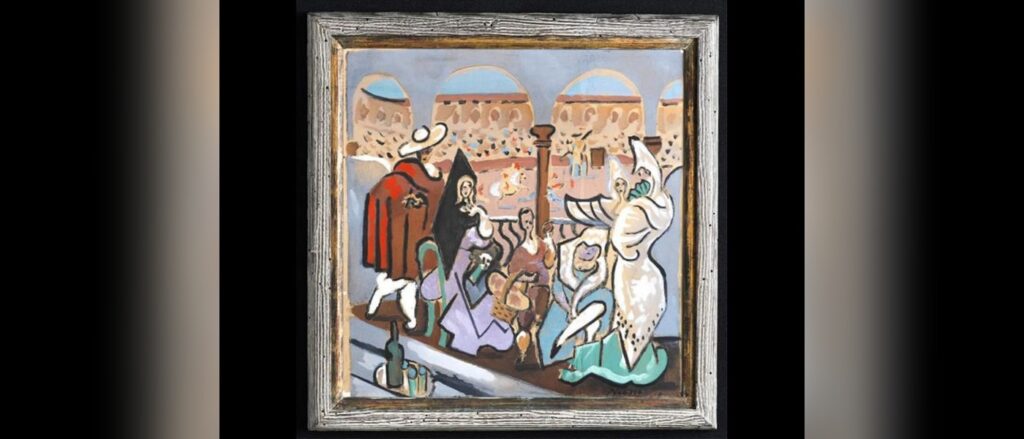
The 16×16 image on paper is believed to be a preliminary mock-up for the curtain that would act as the backdrop to the Ballet Russe production of Le Tricorne, which debuted at the Alhambra Theater in London after World War I.
An Irish immigration tale
Speaking of deceased great-grandparents, two works from one of Ireland’s most celebrated landscape painters, Paul Henry, were discovered in a storage unit and sold at an auction in Cincinnati for $217,000.

They were found by Irish immigrant Sir Patrick McGovern’s great-grandson, who believed them to be prints, and therefore worth “nothing”. They had been framed under glass by an expert New York City framing guild at the time, and have remained totally pristine.
A church mystery
In September a college professor specializing in Baroque Italian religious art wandered into a church for a moment of quiet reflection and happened to glimpse the noteworthy excellence of Cesare Dandini’s Holy Family with the Infant St. John. The 1630 painting had been in the church, unaccounted for, for 60 years, and no one knows how it got there.
It was part of a four-painting set called Charity. Two of the works are hanging in world renowned museums—the Met in NYC and the Hermitage in Russia. The fourth has never been seen.
A Dürer drawing worth a fortune

In 2016, a man walked into an estate sale and bought “a wonderfully rendered piece of old art.” Despite the fact that it carried the watermark of Albrecht Dürer, a German Renaissance master, neither the buyer nor seller believed it to be genuine.
Now art historians are calling it an original worth $50 million, and it is believed to be the first ever recorded preparatory drawing in the painter’s career.




















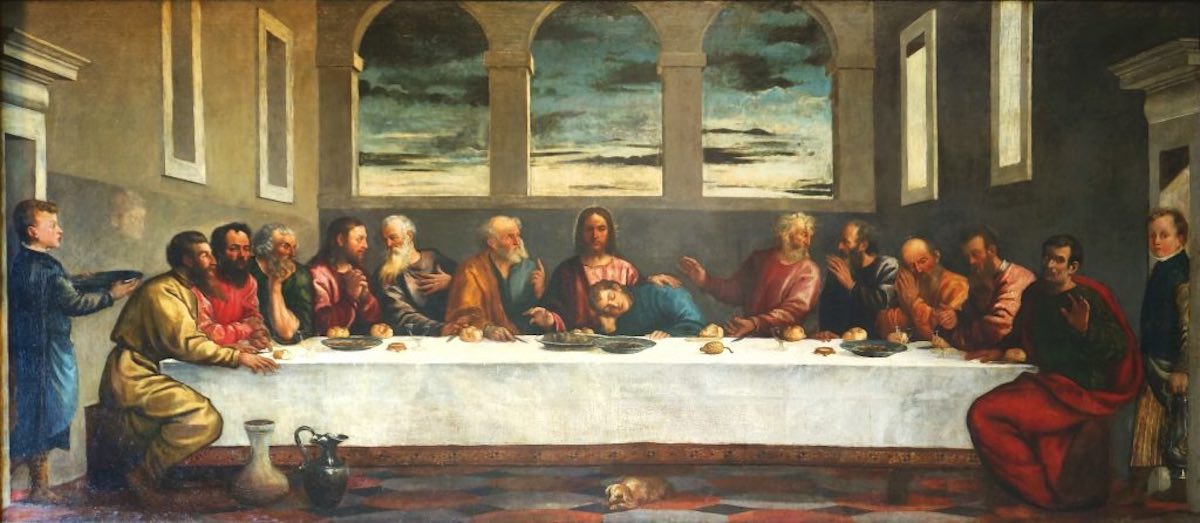
Good news! There may be more Art treasures hidden inside churches, attics and storage units. You may even find a $50 million work of art at an estate sale, but don’t tell anyone until after you buy it and get it appraised!
wonderful article, it always cheers me up to hear of great art being (re)discovered.
There’s still many, many works of art that the Germans stole during WW II that have not been returned to ownership, isn’t there?